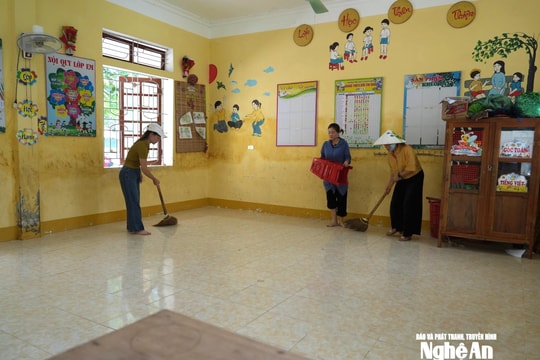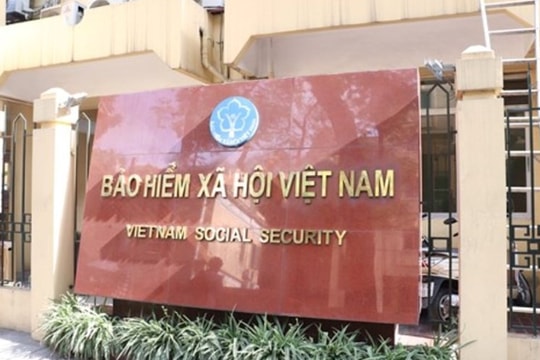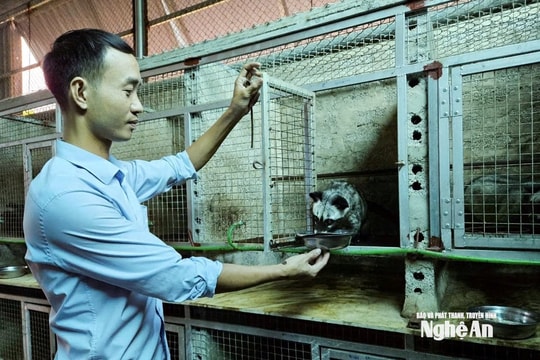"The Press Law will not "manage" social networks"
That was the proposal of the National Assembly Standing Committee on the afternoon of March 21 when considering and discussing the Draft Law on the Revised Press.
On the afternoon of March 21, the National Assembly reviewed and discussed in the hall the Draft Law on the Press Amendment.
Presenting a report explaining, receiving and revising the draft revised Press Law at the meeting hall, Chairman of the National Assembly's Committee on Culture, Education, Youth, Adolescents and Children Dao Trong Thi said that at the 10th Session of the 13th National Assembly, National Assembly deputies discussed and contributed opinions on the draft Press Law (revised), focusing mainly on 8 groups of issues according to the discussion suggestions of the session's Secretariat.
Immediately after the session, the National Assembly Standing Committee (NASC) directed the agency in charge of the review and the drafting agency to coordinate with relevant agencies to seriously study and absorb the opinions of National Assembly deputies to revise the draft Law.
The Draft Law was then commented on by the Standing Committee of the National Assembly for acceptance and revision at the 45th Session (February 2016) and sent to the National Assembly Delegations for comments. However, there are still some different opinions.
According to the Chairman of the National Assembly's Committee on Culture, Education, Youth, Adolescents and Children, there are opinions suggesting considering including some information products of a journalistic nature such as general electronic information sites and social networks in this law. However, there are also opinions suggesting continuing to regulate the above information products in current sub-law documents.
Regarding this issue, Mr. Dao Trong Thi said that the Standing Committee of the National Assembly believes that in our country, the press is an information product produced by press agencies. However, besides the press, there are also a number of information products of a journalistic nature produced by agencies, organizations, and businesses such as special issues, newsletters, general electronic information pages, and social networks.
These products have different methods of organization and management of activities. Specifically: Special issues, newsletters, and general electronic information pages are information products published by agencies, organizations, and enterprises, have an editorial team, have a person responsible for the information content, and must be licensed by the state information management agency. The draft Law has provisions on special issues and newsletters (clauses 18 and 19, Article 3; Articles 34 and 35).
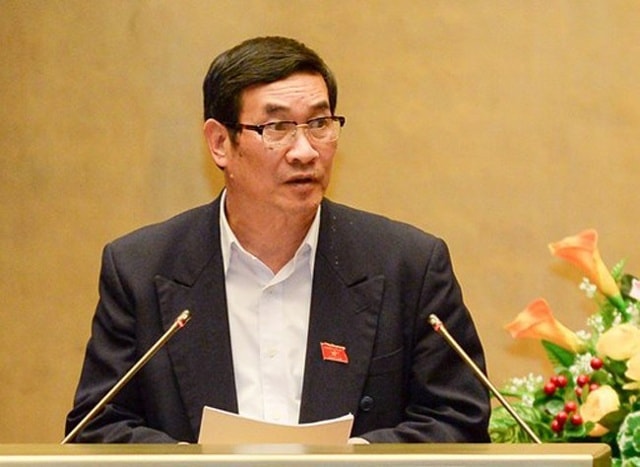 |
| Mr. Dao Trong Thi, Chairman of the National Assembly's Committee on Culture, Education, Youth, Adolescents and Children. |
According to the Chairman of the National Assembly's Committee on Culture, Education, Youth, Adolescents and Children, unlike the above products, social networks are information systems that provide network users with services to store, provide, use, search, share and exchange information.
Social networks operate in a virtual environment, often without a responsible person, and writers and commenters often use pseudonyms. Currently, social network operations are regulated by Decree No. 72/2013/ND-CP and Decree No. 174/2013/ND-CP.
“Therefore, the Standing Committee of the National Assembly proposes that the National Assembly allow the provisions of the draft Law to be kept unchanged for special issues and newsletters; at the same time, add a number of provisions suitable for the characteristics of the general electronic information page as shown in Clauses 17 and 20, Article 3, Clause 13, Article 9 and Article 36 of the draft Law, while social networks are regulated by other legal documents,” the Chairman of the National Assembly’s Committee for Culture, Education, Youth, Adolescents and Children proposed.
Referring to freedom of the press and freedom of speech in the press (Chapter II), Mr. Dao Trong Thi said that the majority of opinions said that the name of Chapter II and the content of the chapter did not clearly indicate the subject of freedom of the press and freedom of speech in the press; did not clarify the content of citizens' freedom of the press and freedom of speech in the press; the presentation lacked logic and was repetitive.
According to Mr. Dao Trong Thi, accepting the opinions of delegates, the Standing Committee of the National Assembly has supplemented and revised the name of Chapter II to Freedom of the press, freedom of speech in the press of citizens and redesigned this chapter in the direction of specifically regulating freedom of the press, freedom of speech in the press of citizens (Articles 10 and 11 of the draft Law); responsibility of press agencies, responsibility of the state for freedom of the press, freedom of speech in the press of citizens (Articles 12, 13 of the draft Law).
In response to the opinion that the private sector should be allowed to establish press agencies, the Standing Committee of the National Assembly said that the draft Law has devoted a chapter (Chapter II) to regulating citizens' freedom of the press and freedom of speech in the press, which specifically stipulates that citizens are allowed to participate in all stages of press activities such as: creating press works, providing information to the press, responding to information in the press, associating with press agencies to produce press products, printing and distributing newspapers.
According to the Chairman of the National Assembly's Committee for Culture, Education, Youth, Adolescents and Children, the Draft Law has specifically stipulated private sectors that are associated with press agencies. Clause 2, Article 14 also allows universities, hospitals, and research institutes, many of which are privately established, to have scientific journals.
From the above analysis, the Standing Committee of the National Assembly believes that the provisions of the draft Law are suitable to the current economic, political and social situation of the country.
In response to the proposal to stipulate that journalists in the course of their work must be considered as public servants in order to have a mechanism to protect this subject, the Standing Committee of the National Assembly said that public service is an activity carried out by officials and civil servants on behalf of the State in accordance with the provisions of law to serve the interests of the people and society and is protected by law. Journalists also work to serve the interests of the people and society, but do not act in the name of the State, do not represent the State to perform their duties, but operate according to the principles and purposes of the press agency. Therefore, the activities of journalists cannot be considered as public service.
According to Mr. Dao Trong Thi, regarding the mechanism to protect journalists and reporters, the current Press Law and the draft Law both stipulate: journalists "are protected by law in their professional activities. No one is allowed to threaten, intimidate, insult the honor and dignity of journalists, destroy, confiscate equipment and documents, or prevent journalists from performing their professional activities in accordance with the law."
In addition, the Civil Code and the Penal Code also stipulate penalties for acts that obstruct journalists from working, such as assault or damage to journalists' property; Decree 159/2013/ND-CP stipulates specific administrative penalties in press activities.
According to Infonet
| RELATED NEWS |
|---|

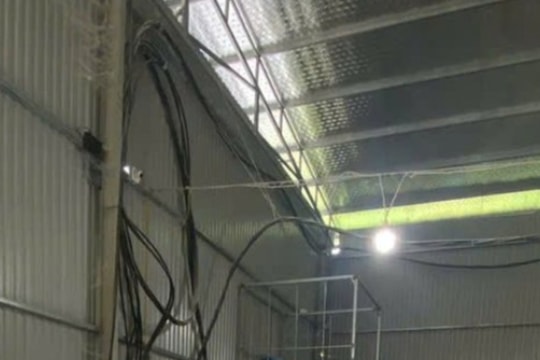
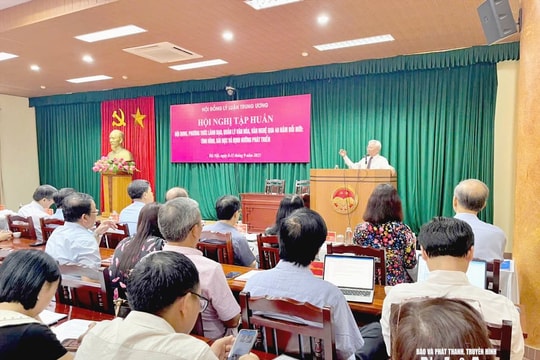
.jpg)
